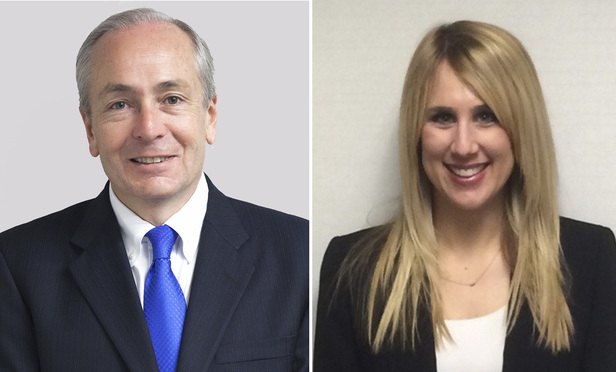With 67 percent of on-line American adults using at least one social media platform, 750 tweets being produced every second, and the launch of approximately three million blogs per month,1 social media is vastly changing the conduct of many jurors and trial counsel. Jurors are increasingly using social media to (a) conduct research concerning the cases they sit on; (b) disclose courtroom occurrences and jury deliberations; (c) communicate with one another during trial; and (d) “friend” or “follow” a party in the case.2 With jurors posting messages such as “Jury duty 2morrow. I may get 2 hang someone … can’t wait,” it is not shocking that in the 2009-10 period alone, there were at least 21 retrials or overturned verdicts due to juror social media misconduct.3
Additionally, while social media tends to increase the likelihood of juror misconduct, it has also increased an attorney’s ability to conduct research on prospective and sitting jurors.4 This raises an interesting dilemma for attorneys, because while lawyers have no ethical duty to routinely monitor the social media accounts of prospective or sitting jurors,5 most clients and many trial lawyers argue that a lawyer does not zealously represent his client if he fails to engage in this course of action.6
Voir Dire
This content has been archived. It is available through our partners, LexisNexis® and Bloomberg Law.
To view this content, please continue to their sites.
Not a Lexis Subscriber?
Subscribe Now
Not a Bloomberg Law Subscriber?
Subscribe Now
LexisNexis® and Bloomberg Law are third party online distributors of the broad collection of current and archived versions of ALM's legal news publications. LexisNexis® and Bloomberg Law customers are able to access and use ALM's content, including content from the National Law Journal, The American Lawyer, Legaltech News, The New York Law Journal, and Corporate Counsel, as well as other sources of legal information.
For questions call 1-877-256-2472 or contact us at [email protected]



